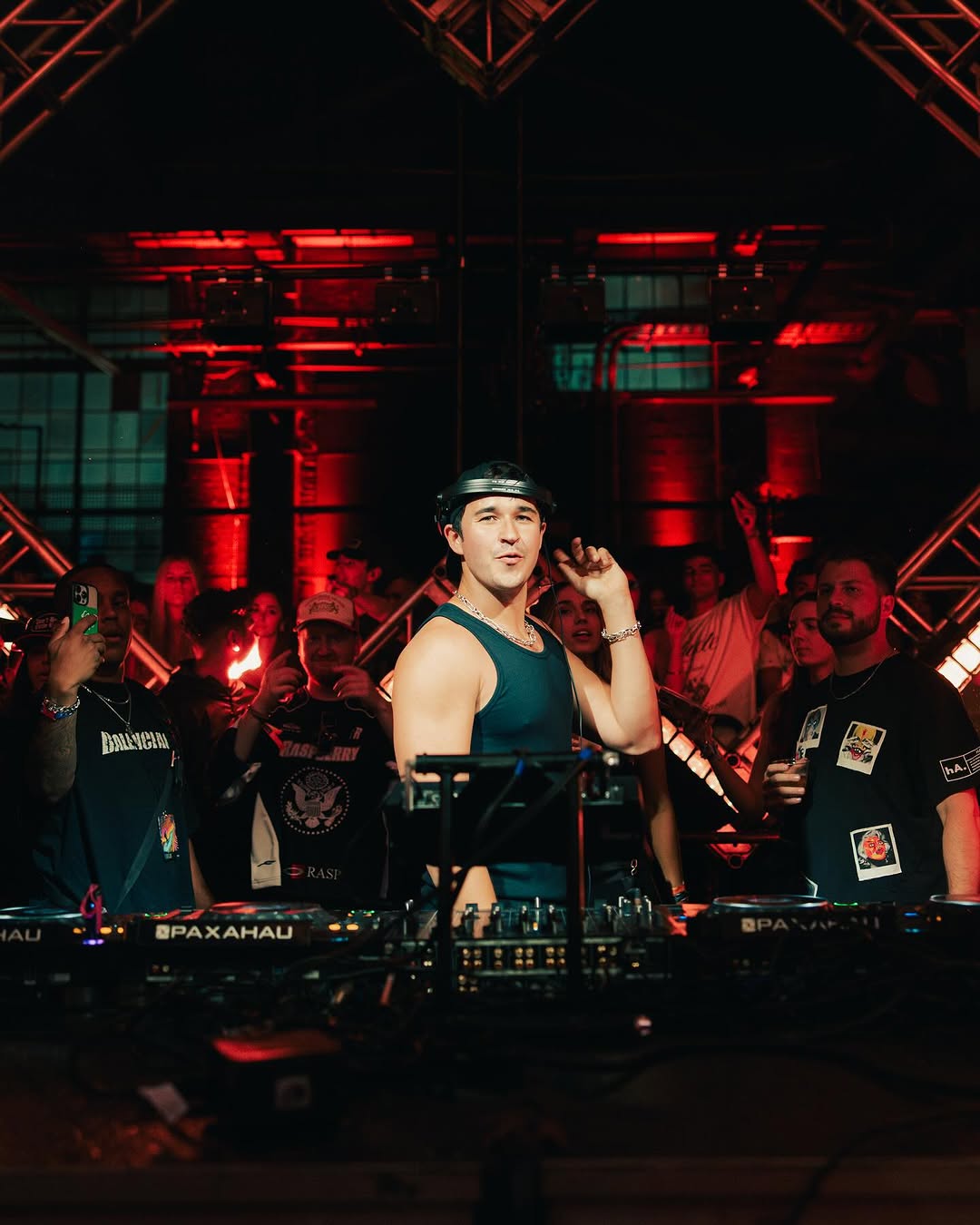The electronic music scene has evolved way past its underground roots. What started with dimly lit warehouses and DIY raves has now become a global movement. DJs aren’t just making music anymore—they’re building brands, launching companies, and shaping culture in a way that few other genres can match.
Today’s top DJs are founders, curators, trendsetters, and community builders, all rolled into one. This isn’t just about clout. It’s about vision, reach, and the ability to move people, both emotionally and literally. The game is being rewritten in real-time, and the ones behind the decks are holding the pen. Read on below to see how they’re doing it.
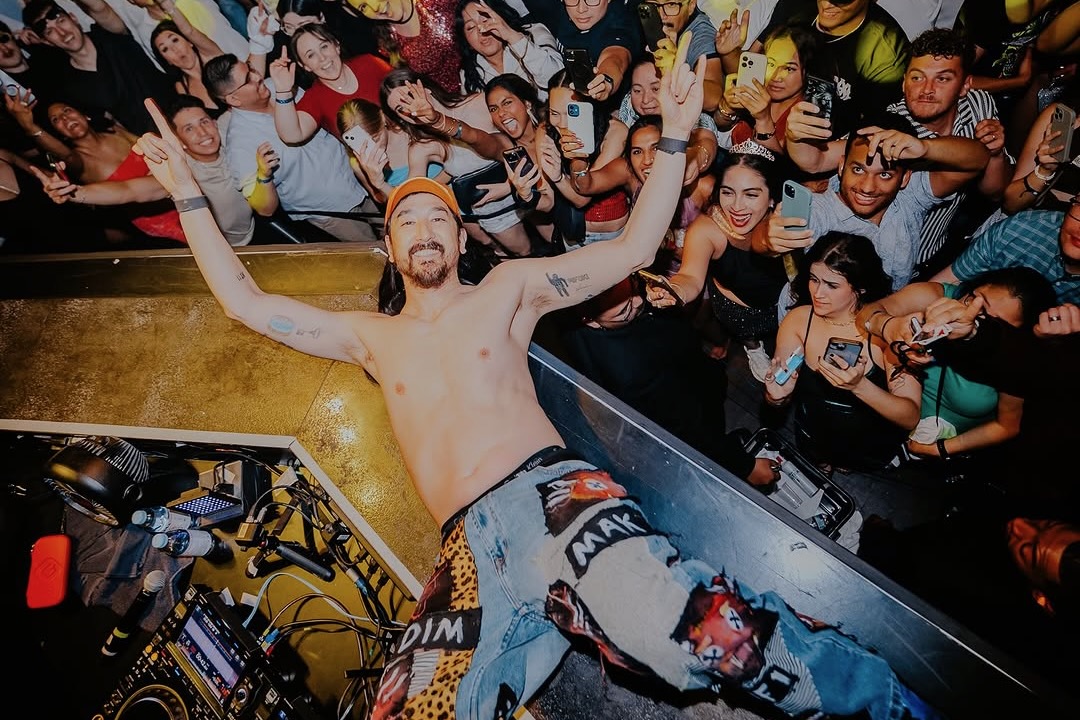
DJs who are building their own worlds
For DJs, building a brand outside of music isn’t just a flex—it’s necessary for long-term security. The reality is, careers in music can be unpredictable. One year you’re headlining festivals, the next you’re dealing with lineup changes, market shifts, or social burnout. By creating businesses, products, or platforms beyond the booth, DJs can tap into revenue streams that don’t rely only on Spotify numbers or constant touring. Whether it’s launching a merch line, a wellness product, or a creative agency, these ventures give artists financial stability and creative control.
Steve Aoki is a perfect example of what it looks like when a DJ goes full-fledged mogul. With a net worth estimated at over $120 million, Aoki has built a multi-layered empire that spans music, fashion, food, tech, and wellness. His fully independent Dim Mak label has grown into a global entity, releasing music from artists like Bloc Party, The Bloody Beetroots, Dimitri Vegas & Like Mike, Tiësto, and more over the last three decades.
He also launched Pizzaoki, a delivery-only pizza chain that’s expanded to multiple major U.S. cities. Add in brand collabs with Diesel, Bud Light, ASICS, and even a luxury watch partnership with Bulgari, and you’ve got someone who’s not just performing at festivals but also building a business legacy beyond the booth.
Charlotte de Witte, one of the world’s biggest techno artists, is building something special with her KNTXT brand. It’s not just a label, it’s an ecosystem. She curates events under the KNTXT name, sells sleek, minimalist merch, and partners with platforms like Apple Music and Beatport.
Her shows sell out around the world, and each KNTXT-branded event can generate substantial revenue through ticket sales, merch, and brand integrations. Everything she does is streamlined, consistent, and unapologetically techno, which has turned her brand into one of the most respected in the electronic space.
Authenticity & alignment
John Summit is a prime example of how DJs are turning their personal brands into full-blown businesses. His label, Experts Only, has quickly become more than just a place to release music. It’s a lifestyle brand that throws sold-out events and drops merch designed with a trendy streetwear edge. The apparel regularly sells out, and the events feel like curated extensions of his personality, giving fans an experience that feels both exclusive and accessible.
What makes Summit especially effective is his online presence. He shares raw, funny, and often chaotic behind-the-scenes content that builds real connection and deepens fan loyalty. Between the music, the merch, the label, and his nonstop content, he’s creating a brand that fans don’t just follow; rather, they feel part of it.
Over decades in the game, Tiësto continues to push partnerships that match his evolution, whether it’s launching headphones, high-end liquor, or even AI-powered music tools. His brand is all about leveling up for his audience, and that kind of relevance is hard to fake.
What makes it all work is that these products feel like an extension of the artist. They’re rooted in who these artists are, not just what they think will sell. Fans can tell the difference. And because the relationship between DJs and their listeners is already built on energy, emotion, and experience, supporting their projects just feels natural.
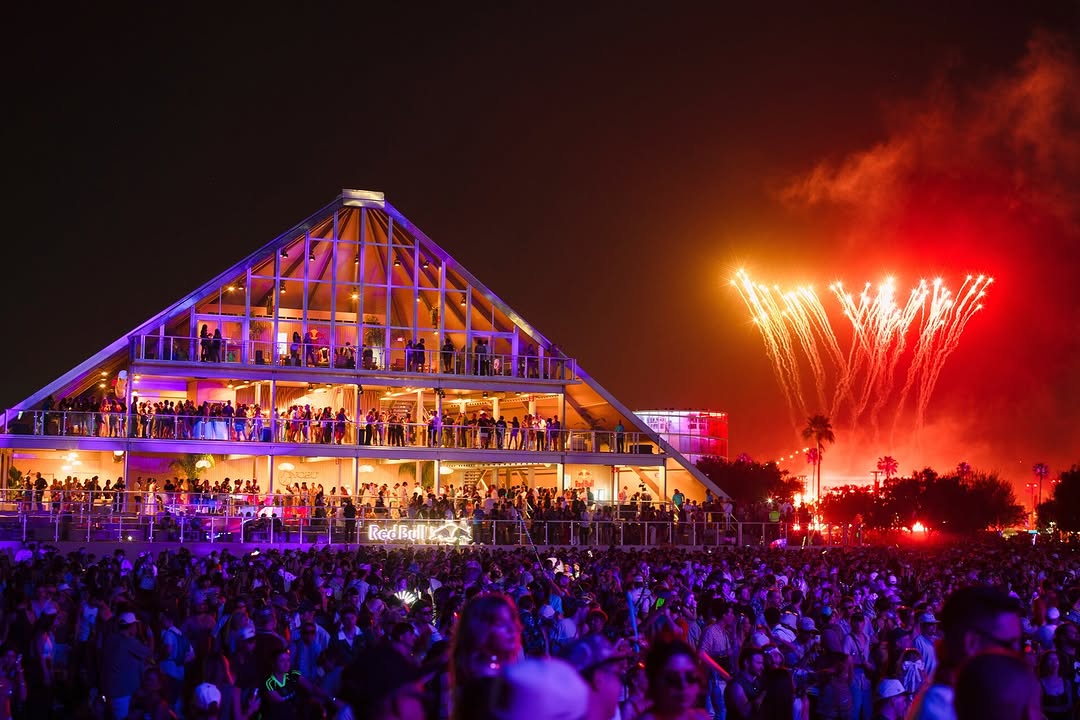
Why brands are tapping into the electronic realm
Big brands know where the cultural heat is, and right now, it’s in the DJ booth. Electronic artists bring something different to the table compared to stars in other music genres. They have the global reach, yes, but they also bring a specific kind of energy: one that’s raw, community-driven, and built on shared moments.
Brands like Adidas, Red Bull, Meta, Smirnoff, and McDonald’s have all linked up with DJs or festivals because they understand the immense power of devoted audiences. It works both ways—when the partnership is a good fit, it doesn’t feel like a sellout move. It feels like a co-sign. And in a time when fans are more skeptical of advertising than ever, authenticity wins.
There’s also something about trust. For a lot of people, the DJs they love were there during key moments—coming-of-age nights, first festivals, wild road trips, breakups, and more. That kind of connection can’t be bought. So when an artist backs a brand, it carries a weight that goes way beyond a traditional billboard or an ad campaign.
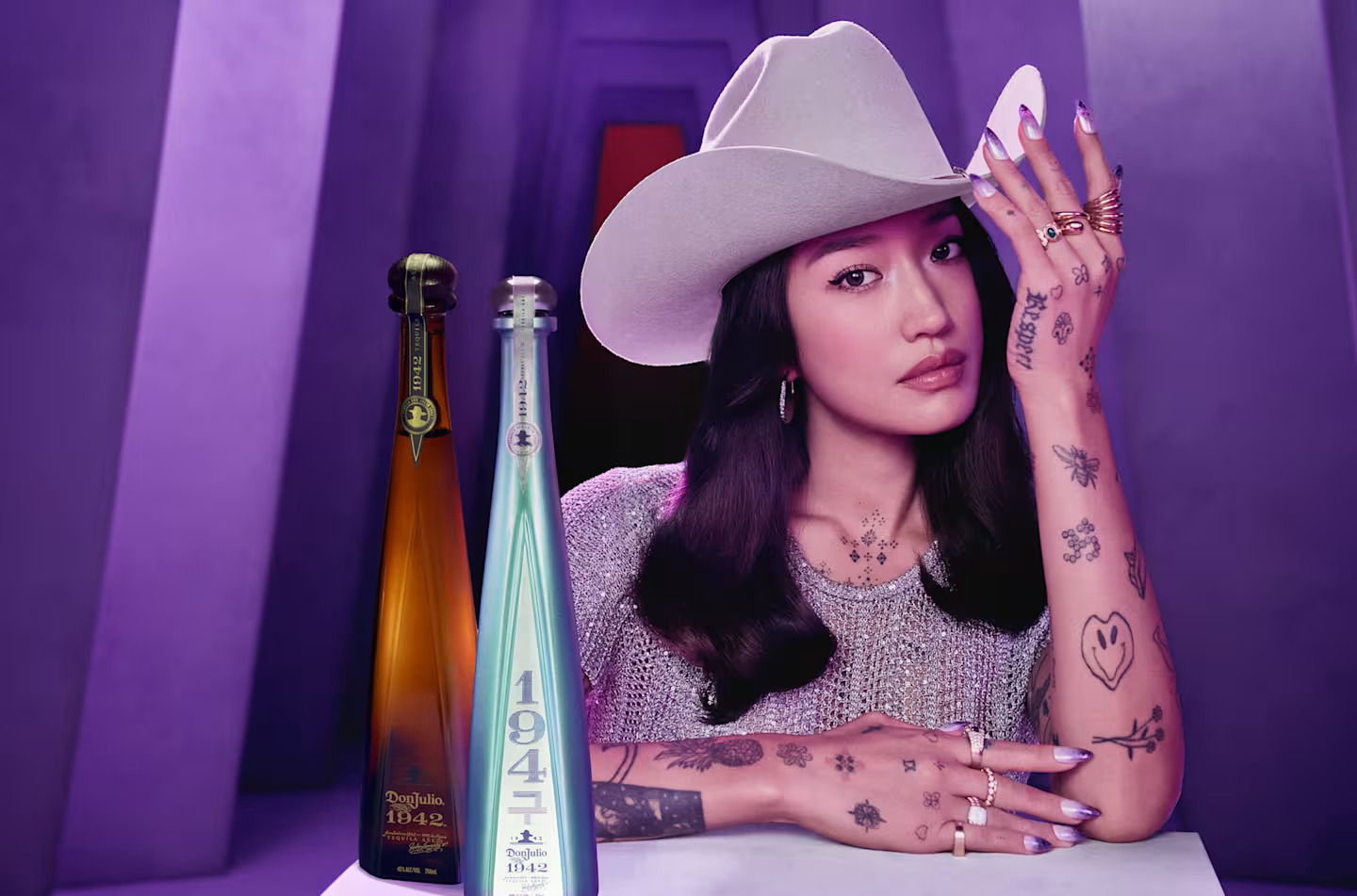
The festival economy is its own universe
Festivals are the backbone of the electronic music world. We’re talking about hundreds of major festivals each year, all over the world, with massive events like Tomorrowland, EDC, and Ultra, and many more. These aren’t just concerts, they’re full-blown ecosystems that bring together music, fashion, art, food, and tech.
Electronic music dominates the global festival circuit because of its flexibility. DJs can headline a mega-rave in Vegas, then fly across the world to play a sunrise set on a beach in Bali. It’s a 24/7, year-round economy that touches almost every corner of the world.
And the visuals, the production, the insane stage builds—it’s all part of the magic. These shows are memory factories. It’s why brands are throwing big money into sponsoring stages, hosting lounges, and locking in exclusive partnerships. Everyone wants a piece of that energy.
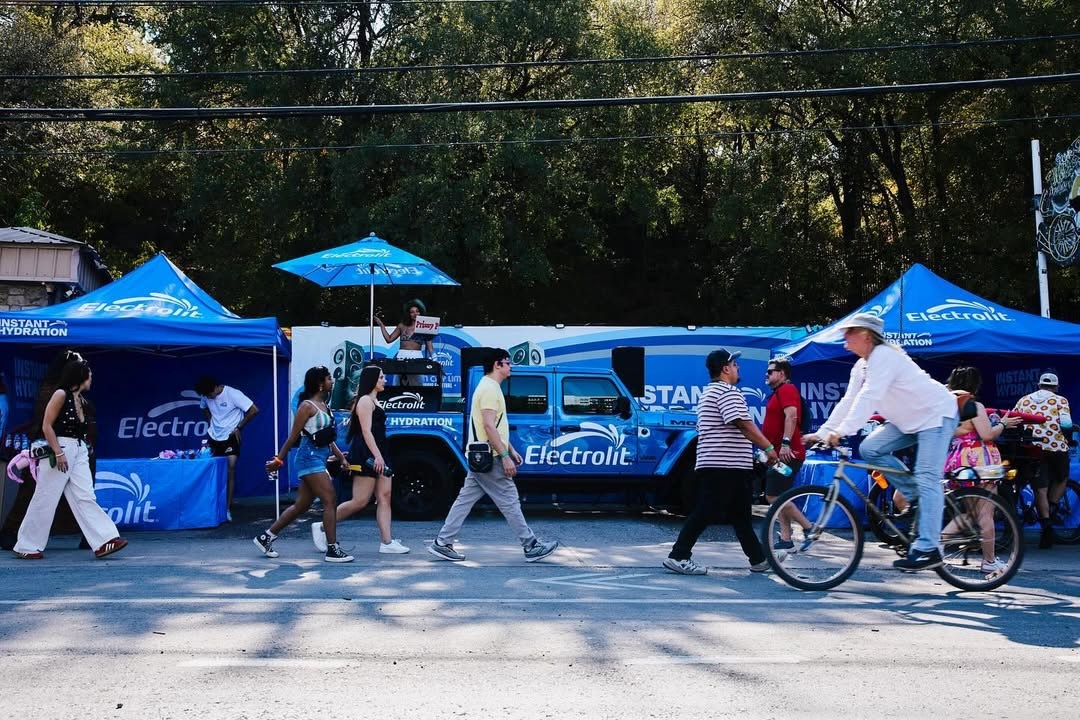
Why fans go all-in on DJs
Here’s the real reason this whole machine works: the fan connection. There’s a specific psychology behind why people go out of their way to buy vinyl from their favorite DJs, rock their merch, or drop serious money on tickets. It’s emotional. It’s tribal. It’s about identity.
Buying a vinyl record from a DJ is a different experience from streaming. The cover art, holding it in your hand, and the feeling of owning something permanent from an artist who moves you—it just hits different.
When fans buy merch, it’s not just about style. It’s about belonging. It signals, “I was there. I’m part of this.” When done right, it feels as if you know the artist personally. That’s when you know the collective connection is strong.
And tickets? Those are emotional investments. Buying a pass to see a DJ live isn’t just about the music; it’s about the experience. It’s about being immersed, feeling seen, and reconnecting with the electronic music community. In a world where so much life happens online, these real-world experiences feel more valuable than ever.
Featured image courtesy: Tiësto.


